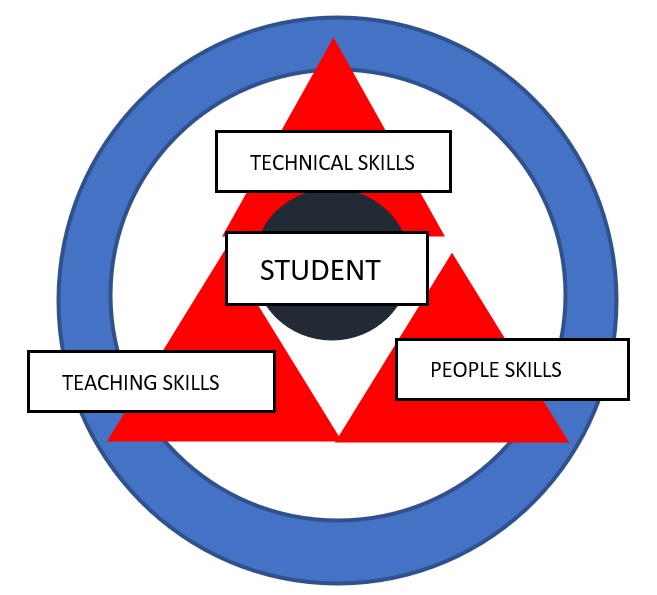|
MULTI NATIONS Interski Overview |
By Zac Zaharias

Interski 2023 in Levi was an extraordinarily successful Congress from both an organisational perspective as well as the depth and breadth of Nordic indoor and outdoor sessions. Around 14 nordic countries were represented with Poland sending Justyna Kowalczyk (ex-World Champion) as one of their delegates.
As there were many workshops, Jane Scheer and I were constantly on the move to cover as many indoor and outdoor sessions between us. This wasn’t too much of a chore even if it meant skiing 5 km between the two workshop locations. There were two highlights for me as the TD. The first was the quality time spent with the US, Canadian and British delegates. The second were the two workshops conducted by the Finnish national coach. Interestingly I discovered that in Norway, Sweden and Finland, Nordic instruction is a minor industry with the emphasis on coaching. As everybody learns to ski when they are young and at school, there is little demand for ‘instruction.
As we spent considerable time doing workshops with PSIA, CANSI and BASI, I will cover off on some key aspects about their teaching methodologies and foundation skills. This gave us a lot of food for thought as we move into our Manual rewrite next summer.
CANSI Methodology
CANSI has a student (guest) centred approach with 6 key components covering the participant’s perspective of; Feel included, Feel safe and Feel successful.
The other three components cover their teaching methodology; namely 1. learning is Customisable to the student, 2. Situational- every participant will be different and 3. Empowering- the guest to achieve their goals and want more. You are involving them in the learning process.
The teaching methodology is a four-step process of:
- Connection
- Learning Environment
- Technical Assessment, and
- Technical development
PSIA Teaching Framework
The PSIA-AASI framework for teaching is called the Learning Connection. It is also student centred and consists of the 3 key Instructor Skills of Technical Skills, Teaching Skills and People Skills. All of these three are required for a successful lesson.

Technical Frameworks
The table below shows the Technical Frameworks for CANSI, PSIA and APSI. I have aligned like type concept where possible. The different frameworks are well worth further discussion as we do our manual rewrite. Some are common concepts using different language, others are just different.
| APSI | CANSI | PSIA |
| Stance | Balance | Body position Fore / Aft |
| Pressure | Weight transfer ski to ski | |
| Edging | ||
| Rotary | Direction Change | |
| Timing & Coordination | Coordination | |
| Propulsion | Propulsion | |
| Momentum |
Australia Workshop
We ran two workshops, one in the morning and one in the afternoon as well as an indoor presentation. We covered the five technical fundamentals above and how we approach them in the Australian context of fun and engagement. This included games and relays. A ‘crowd pleaser’ was the recovery from a fall using the ‘rock and roll’ (starting on your back and then doing an eskimo roll on skis). Interestingly the Swiss contingent said that they could never do this in Switzerland. Apparently, it is embarrassing to fall so guests just get up, dust themselves off and continue as if nothing had happened!
Conclusion
Interski 2023 was not only professionally rewarding but was an extraordinary cultural experience. The indoor and outdoor presentations were invaluable, covering a broad range of topics and themes. We have taken a lot away to incorporate in our teaching. Equally, it was comforting to know that our teaching is on par with the rest of the world.